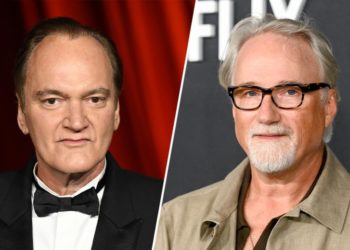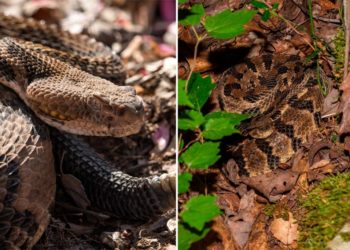Masaoki Sen, who volunteered to be a kamikaze pilot during World War II but who survived the war and became a grandmaster of an ancient tea ceremony school and a vocal proponent of peace, died on Thursday in Kyoto, Japan. He was 102.
His death was announced by the Urasenke school, where he was the 15th-generation grandmaster. It is one of Japan’s three main schools that teach the tea ceremony.
After inheriting that title from his father in 1964, Mr. Sen used it as a vehicle to promote peace, often while speaking publicly of his own experiences during the war.
Traveling the world to engage in a kind of tea-ceremony diplomacy, Mr. Sen used that ancient art, whose roots lie in Zen Buddhism, to call for an end to all wars. He was known for the phrase “peacefulness through a bowl of tea.”
Following Japanese traditions, he went by several names during his lifetime. As grandmaster of the Urasenke, he was called Soshitsu Sen XV, a title that evoked his school’s lineage back to Rikyu Sen, a philosopher of the tea ceremony who taught it to medieval warlords.
After retiring in 2002, Mr. Sen took the name Genshitsu Sen, a gesture that allowed his eldest son, Masayuki, to become the next Soshitsu.
In a statement released by the Urasenke, the son said Mr. Sen had weakened physically after injuring his hip in a fall three months ago. When his breathing stopped suddenly, efforts were not made to prolong his life, in accordance with Mr. Sen’s wishes.
Complete information on his survivors was not immediately available.
Masaoki Sen was born in Kyoto on April 19, 1923, the eldest son and thus heir apparent of the Urasenke grandmaster at the time. That stature appeared to have saved him during the war.
After leaving Doshisha University in 1943, he was drafted into the Imperial Navy, where he trained to be a pilot. When his unit was asked to form a “special attack” squadron to carry out suicide missions, Mr. Sen was one of the volunteers.
“I thought I was ready to die,” he said in an interview with a Japanese newspaper in 2021. “But I was just a greenhorn of 20 or 21 years of age. I didn’t know what death meant.”
While many young men in his unit flew off to intentionally crash their planes into Allied ships, Mr. Sen was never sent. Historians say the Japanese military often spared families’ oldest sons, especially those from historically significant households.
After the war, Mr. Sen asked a former commander why he was never sent. The older man answered, “Just think of it as fate.”
Unlike many war veterans, Mr. Sen spoke openly of his experiences and of his sorrow over the loss of comrades who never returned. He also made no effort to disguise his anger toward the Japanese leaders who had sent them on one-way missions.
“We were told to die because others would fill our ranks,” he said in another interview. “But who wants to die?”
Given a second chance at life, Mr. Sen used his hereditary grandmaster role to turn the ancient art of making and serving tea into a means of promoting peace for nearly four decades, giving demonstrations and lectures in Japan and around the world.
He continued his mission after retirement. In 2011, he conducted a tea ceremony in Pearl Harbor to honor the crew of the U.S.S. Arizona, a battleship sunk by the Japanese in their surprise attack on Dec. 7, 1941.
He said at the time, “Facing what happened in the past and relaying its lessons to future generations is the responsibility of those of us who survived.”
Hisako Ueno contributed reporting from Tokyo.
Martin Fackler is the acting Tokyo bureau chief for The Times.
The post Masaoki Sen, Ex-Kamikaze Pilot and ‘Tea Ceremony Diplomat,’ Dies at 102 appeared first on New York Times.




